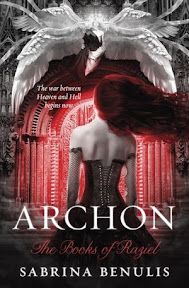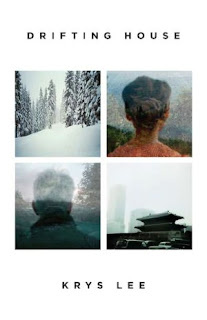Frances Brody
Frances Brody's Dying in the Wool--the first of the Kate Shackleton books--debuts in the US in February 2012.
From the author's Q & A at Book Chick City:
Hi Frances, thank you for being here today and for answering my questions, it's a pleasure to have you. For those who are unfamiliar with your Kate Shackleton books can you tell us a bit about them?Visit Frances Brody's website.
Kate Shackleton is a First World War widow turned sleuth. She’s been described as a young Miss Marple! Her sidekick is ex policeman, Jim Sykes. The books are murder mysteries with plots that set a puzzle for the reader.
Is Kate based on any body in particular or is she completely fictional?
We have family albums bursting with old photographs that go back a century. Kate stepped from there with her 1920s bobbed hair and carrying a camera. She’s fictional and has qualities I would like to have. She’s quick witted, tenacious and ahead of her time. I’m now writing book three and the great thing is that I’m still finding out about her: how she acts and reacts in different situations. Kate received the familiar wartime telegram about her husband, Gerald: ‘Missing presumed dead’. Part of her still hopes that one day she’ll find him.
What gave you the inspiration to set your books in the 1920's?
It’s a very ‘modern’ period. Those who could afford it (like Kate!) owned cars. People drove motorbikes, listened to jazz, learned new dances, joined camera clubs, drank cocktails and wore great fashions. I was...[read on]
--Marshal Zeringue































